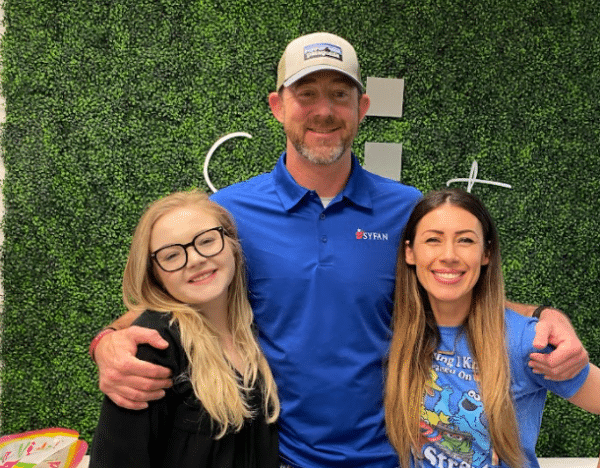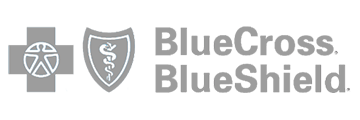Additional Treatment Services
Our Georgia treatment center provides a number of alternative services for those looking for additional care and guidance.

Long-term recovery and sobriety is often facilitated by ongoing structure and support. Our Georgia treatment center provides a number of additional treatment services for those looking for additional care and guidance. These services are individualized and help foster growth and sustained healing. In transition from traditional treatment back to society our qualified staff members can provide the following:
- Drug Screening & Medication Management – These vital services can continue to help clients manage their psychotropic medications, and create a source of accountability while they are making they bridge the gap from treatment to society.
- Weekly Telehealth sessions via Skype – After an individual discharges from treatment, sustained engagement with a treatment or support program is crucial to create long-lasting outcomes and recovery. Individual weekly telehealth sessions can help clients stay on track after discharge as they acclimate from our formal treatment program back to society.
- DUI Evaluations – At Southeast Addiction Center, our certified addiction counselors can provide DUI evaluations if necessary. Getting arrested for a DUI is challenging and it’s not recommended to handle it alone. If you’re ordered to go through a DUI evaluation, our Georgia treatment center can help facilitate this. Undergoing a thorough assessment conducted by our staff can help alleviate the process and determine whether or not treatment would be the right fit for you.
- Vivitrol Maintenance – This form of Medication-Assisted Treatment (MAT) is necessary to help clients create a source of accountability. Combined with ongoing counseling or therapy, Medication-Assisted Treatment can be provided as a source of therapy to promote recovery and accountability if appropriate. Vivitrol can help manage cravings, alleviate withdrawal symptoms, and help reduce relapse rates.

Get the help you need now
We are Here for you.
If you or a loved one need help, we are available to guide you through every step of your recovery. Call us today and speak with a recovery counselor to get started.








